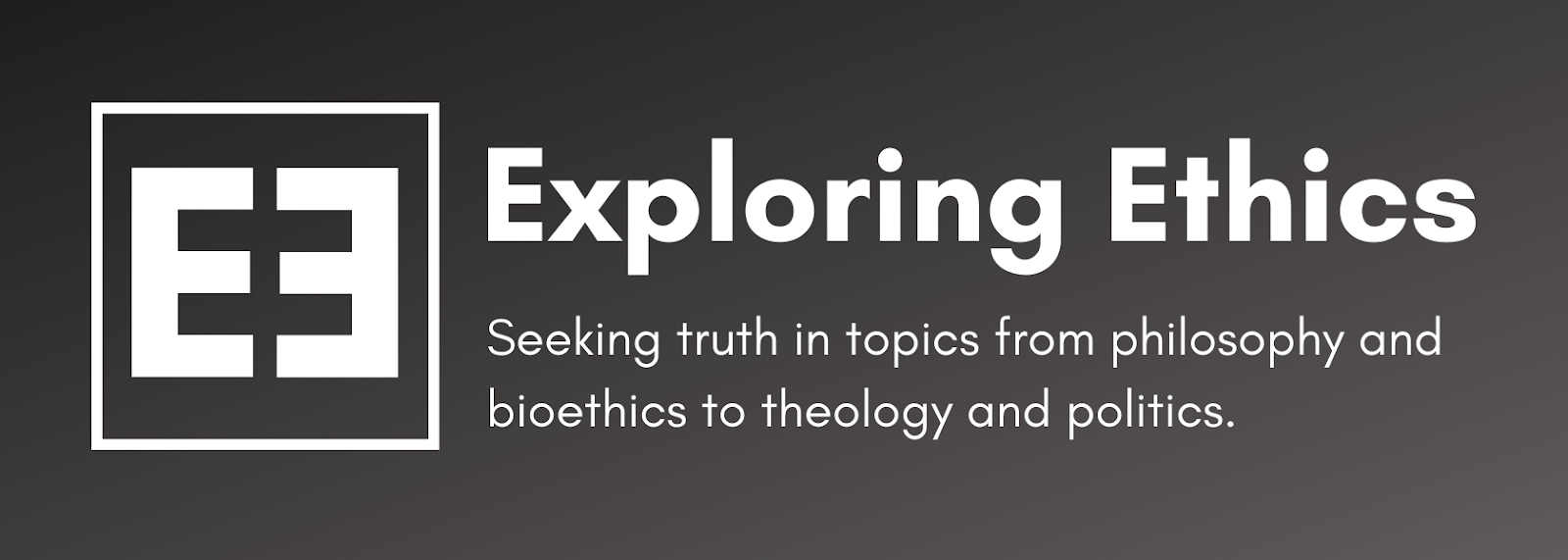I am currently writing my thesis for my Master’s of Bioethics,
which hits upon several topics: medical futility, nature of conscience, legal
accommodations to conscientious refusals, and the Texas Advance Directive Act.
It’s a long story, roughly a 56-page long story, but I came across what Vatican
II says about conscience and had to post it.
While the philosophical and public policy side of me was looking for clear definitions and theoretical explanations (positive vs negative notions specifically), I was startled by the beautiful prose of this section from paragraph 16 of “Gaudium et Spes:”
In the depths of his conscience, man detects a law which he does not impose upon himself, but which holds him to obedience. Always summoning him to love good and avoid evil, the voice of conscience when necessary speaks to his heart: do this, shun that. For man has in his heart a law written by God; to obey it is the very dignity of man; according to it he will be judged. (Cf. Rom 2:15-16) Conscience is the most secret core and sanctuary of man. There he is alone with God, Whose voice echoes in his depths. (Cf. Pius XII, Radio address on the correct formation of a Christian conscience in the young, March 23, 1952: AAS (1952), 271) In a wonderful manner conscience reveals that law which is fulfilled by love of God and neighbor. (Cf. Matt 22:37-40; Gal 5:14) In fidelity to conscience, Christians are joined with the rest of men in the search for truth, and for the genuine solution to the numerous problems which arise in the life of individuals from social relationships. Hence the more right conscience holds sway, the more persons and groups turn aside from blind choice and strive to be guided by the objective norms of morality. Conscience frequently errs from invincible ignorance without losing its dignity. The same cannot be said for a man who cares but little for truth and goodness, or for a conscience which by degrees grows practically sightless as a result of habitual sin.
I am still digesting, but a
few things stand out that I’ve been reflecting on from other sources, which are
stated powerfully here:
- Conscience is deeply personal. Moral agency is actually an expression of the image of God. Moral reasoning depends upon this law within that is part of us and contradicts us (…does not impose upon us but holds us). I think of the Apostle Paul’s internal strife recorded in Romans 7:13-25.
- Conscience is binary (summoning him to love good and avoid evil), yet can be altered (from invincible ignorance…grows practically sightless). Conscience is like a compass, which through sin and avoidance of the truth, can be altered to point us in the wrong direction. See Paul’s teaching of God giving up the unrighteousness to their own debased minds in Romans 1:28.
- Conscience is tied to objective truth and is not simply a content-neutral tool. While it can be corrupted, conscience is originally tied to eternal truths and uncompromising ethical norms that are grounded in God himself (For man has in his heart a law written by God). Again back to Romans, Paul explains in chapter 2, “For when Gentiles, who do not have the law, by nature do what the law requires, they are a law to themselves, even though they do not have the law. They show that the work of the law is written on their hearts, while their conscience also bears witness, and their conflicting thoughts accuse or even excuse them on that day when, according to my gospel, God judges the secrets of men by Christ Jesus.”
- Consequently, everyone has conscience as a common grace and general revelation (see Romans 2 again and Vatican II’s point about ‘Christians join with the rest of men…)
- Also, from Romans 1-2 and Vatican II we are reminded that behavior, our actions, and internal sin affects our consciences (…by degrees grows practically sightless as a result of habitual sin.).
Personally we should be
thankful for, attend to, and heed our consciences.
In public policy, all level
of governments ought to tread lightly in areas where the will of the state is
being imposed though individuals may have contradicting consciences.
Plenty more thought,
discussion, and application are needed, but I’ll leave it there for now.


Comments
Post a Comment